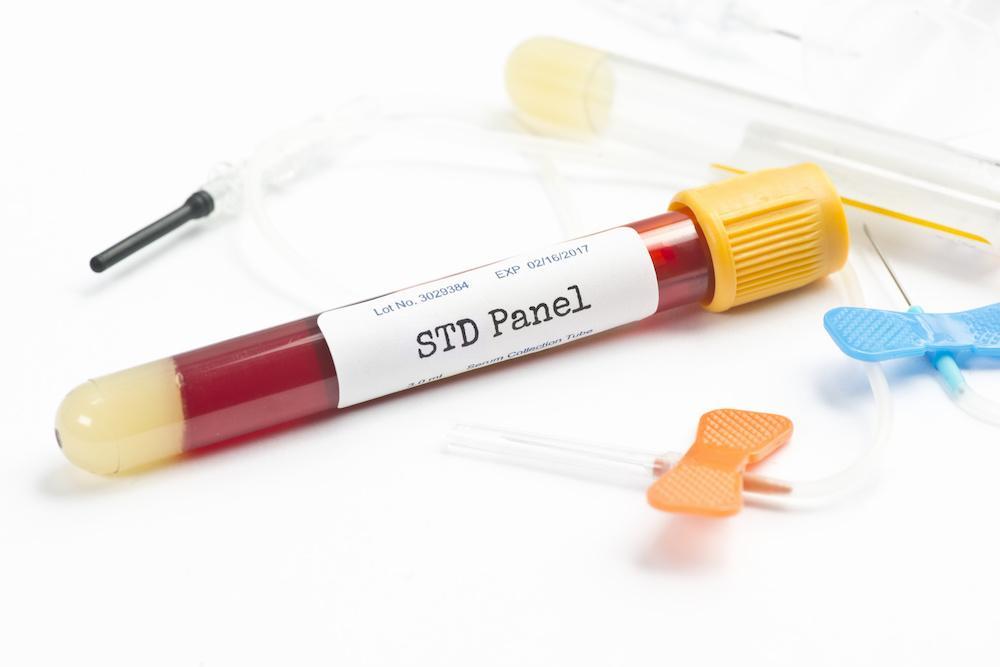Despite awareness efforts, the prevalence of sexually transmitted diseases (STDs) in the United States continues to rise. In 2021, there were 2.5 million cases of gonorrhea, chlamydia, and syphilis, a number that doesn’t take into account herpes, HIV, and human papillomavirus (HPV) infections.
Left untreated, STDs can become very problematic, which is why Dr. Bazel and our team at Michael Bazel, M.D., recommend a good STD screening regimen. Just think, one simple urine or blood test can help you avoid potentially long-term health problems, not to mention spreading the infection to others.
Following, we explore who should be tested for STDs, what you should be tested for, and how often.
The who of STD testing
Let’s first take a look at some parameters when it comes to who should be tested for STDs. Our feeling is that anyone who is sexually active can benefit from STD screening.
Even if you take steps to protect yourself, namely wearing condoms, STD testing is a good idea. We applaud the steps you’re taking with condoms, but they’re not 100% effective and can break, allowing infections to be passed along.
Another point to consider is that 1/4 of STDs occur among young people between the ages of 15-24. At the other end of the spectrum, older people who are sexually active aren’t immune to these diseases. In other words, no matter your age, if you’re sexually active, STD testing is a great preventive health practice.
The when and what of STD testing
The CDC has complete STD screening guidelines, which we follow here at our practice. Here’s a look at who should test for what, and when:
- All people between the ages of 13-64 should be tested for HIV at least once
- Sexually active women under the age of 25 should test for chlamydia and gonorrhea annually
- Women over the age of 25 with multiple sex partners should test annually for chlamydia and gonorrhea
- All pregnant women should be screened for syphilis, HIV, hepatitis B, and hepatitis C
- Active gay or bisexual men should test annually for syphilis, chlamydia, gonorrhea, HIV, and hepatitis C (if they have HIV)
Again, these are guidelines, and we’re happy to sit down with you to come up with an STD screening schedule that best suits your needs. We assure you, we offer a judgment-free zone at our clinics — our goal is your health and nothing else.
If you have questions about STD testing or you’d like to schedule this important preventive visit, call one of our conveniently located offices in the greater Los Angeles area in Panorama City, Bell, and Valley Village, California, to schedule an appointment today. Or you can request an appointment online.


